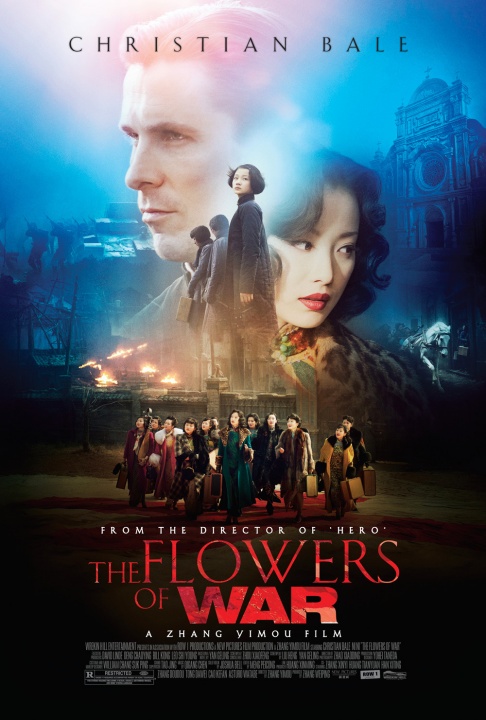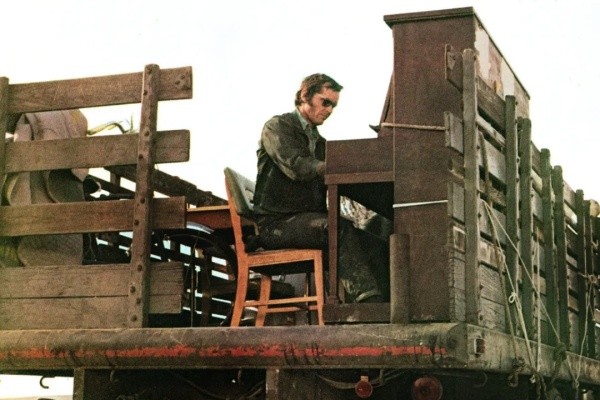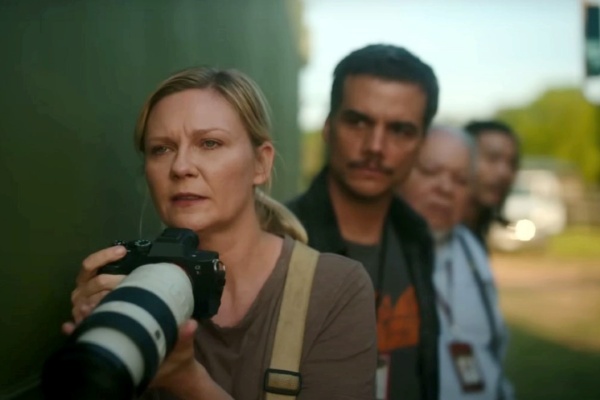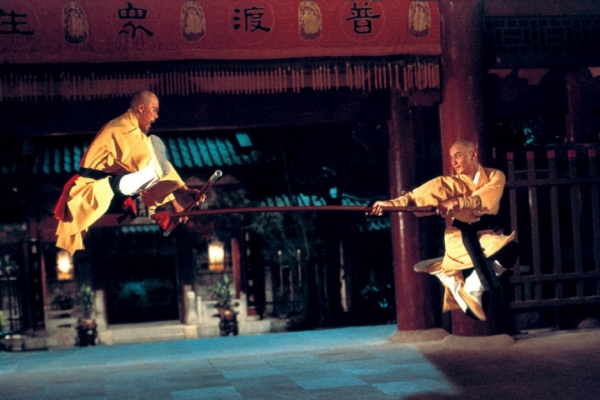A surprisingly uneven film with a lack of character and historical focus on 1937 Nanking.

Review #728
Dir. Zhang Yimou
2011 | China | Drama/War/History | 146 mins | 2.35:1 | Mandarin, English & Japanese
NC16 (passed clean) for strong violence including a sexual assault, disturbing images, and brief strong language
Cast: Christian Bale, Ni Ni, Zhang Xinyi, Tong Dawei
Plot: A Westerner finds refuge with a group of women in a church during Japan’s rape of Nanking in 1937. Posing as a priest, he attempts to lead the women to safety.
Awards: Nom. for Best Foreign Language Film (Golden Globes)
International Sales: FilmNation
Accessibility Index
Subject Matter: Moderate – Survival
Narrative Style: Slightly Complex
Pace: Slightly Slow
Audience Type: Slightly Arthouse
Viewed: In Theatres
First Published: 28 Mar 2012
Spoilers: No
It is not easy to touch on a topic as sensitive as ‘The Rape of Nanking’. Some films have tried in recent years like the documentary Nanking (2007), and John Rabe (2009), both broaching the tragic historical event through a Schindler List-esque approach, centering on one man’s bravery and determination that helped to save more than 200,000 Chinese during the brutal massacre.
In The Flowers of War, the approach is similar, but its narrative scope is narrower, focusing on just a group of student girls as they come to terms of their grave situation. These girls are lucky to meet John Miller (Christian Bale), a professional mortician, but more importantly, an American, who gets caught up in the attack of Nanking by Japanese military forces.
He finds refuge in a church, where the girls are hiding out. Another group of girls (young women actually) dressed in colourful costumes also appear at the door of the church, demanding entry. They are the infamous prostitutes from the local red-light district.
John tries to seduce Yu Mo (Ni Ni), the most alluring and sensual of the lot, but when he witnesses the attempted brutality by the Japanese aggressors on the young students, he vows to protect them by masquerading as a priest.
Zhang Yimou directs The Flowers of War, and having been at the forefront of Chinese cinema for the last two decades, he is perhaps the most ideal director to tackle the subject. But, and this is an honest observation, the film is neither vintage Zhang nor is it a compelling, let alone an insightful look at a devastating event.
“Maybe with your help, I can save them.”
Yes, there are several trademark touches of the acclaimed director, like the scene where John unveils a large, white cloth with a red cross as it slowly unfolds from top to bottom, a reminiscent of the rolling red-dyed cloths in Ju Dou (1990), and Zhang’s skill in creating a period setting that is believable and authentic.
But the film loses out tonally. Strangely uneven, the film’s impact is powerful mostly for its scenes of violence. There is a graphic and disturbing one depicting the rape and slaughter of a young woman, with lots of blood shown. When taken as a whole, however, The Flowers of War lacks the emotional intensity and historical focus of Lu Chuan’s epic, City of Life and Death (2009), also about Nanking.
Zhang can be accused of trying to exaggerate the drama for its own sake, sometimes losing sight as to which set of women (the students or the prostitutes) he wants to focus on. Bale’s performance, however, is decent, and it is always heartening to see a major Hollywood actor star in an Asian film.
It is not only symptomatic of globalization’s far-reaching effects, but it is also a small but significant step towards balancing the vastly asymmetrical power relationship between Hollywood and Asia.
Still, The Flowers of War is at best an above average effort by Zhang. Its Golden Globe nomination for Best Foreign Film seems to be a gesture of appreciation to Zhang for doing a film about Nanking, rather than for the film itself.
Grade: C+
Trailer:
Music:












[…] Zhang, Yimou […]
LikeLike